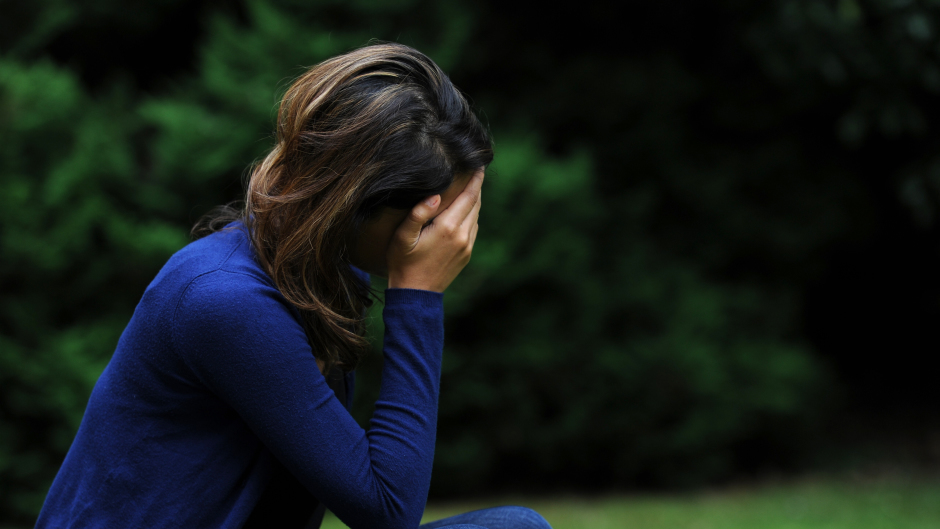
The proportion of people with significant depression and anxiety problems tripled in the UK during the peak of the coronavirus lockdown, research suggests.
Rates of depression, anxiety and insomnia among a sample of 1,006 people were significantly higher in April compared to the pre-pandemic average, researchers from the UK, Austria and Belgium found.
The researchers, including scientists from the University of Sheffield, analysed survey responses from all regions of the UK, 54% of which were from women, during late April.
The survey did not cover the period immediately before the lockdown, as this was unforeseen, so instead the authors compared their findings with existing data.
Just over half (52%) of respondents screened positive for a common mental disorder – three times more than the pre Covid-19 average of 17%, the study found.
And 28% screened positive for clinical insomnia during the same month.
According to a separate meta-analysis, the pre-pandemic prevalence of insomnia in Europe was around 7%.
Adults under 35 years, women, the unemployed and those on low incomes reported more severe mental health problems, the researchers found.
And participants from socio-economically deprived areas in the UK reported more severe levels of depression.
Dr Jaime Delgadillo, from the Department of Psychology at the University of Sheffield, said: “We are drawing attention to an urgent problem concerning the mental health of the nation.
“Historically, mental health care has been underfunded. Mental health problems are very serious health conditions that can become highly disabling if left untreated.
“This evidence calls for policy makers and health services to look after the mental health of the population during this challenging time.”
Michael Barkham, Professor of Clinical Psychology at the University of Sheffield, added: “The three-fold increase we found in the prevalence of depression and anxiety problems in the adult population during lockdown is evidence that Covid-19 is associated with a mental health crisis.”
The authors said their research did not prove a causal link, and recommend further studies to clarify the causes of the higher rates.
Claire Murdoch, mental health director for the NHS, said: “These uncertain times will have impacted some people over the last few months but taking straightforward, practical steps such as undertaking regular exercise, eating well and making time to talk to friends and loved ones can all help to ease your symptoms.
“Self-help websites such as Every Mind Matters can also aid those people going through a tough time and if your symptoms persist, the NHS is here for you – offering video consultations and online support, our mental health crisis hotline, and face-to-face appointments so you can get the help and support you need.”

Enjoy the convenience of having The Sunday Post delivered as a digital ePaper straight to your smartphone, tablet or computer.
Subscribe for only £5.49 a month and enjoy all the benefits of the printed paper as a digital replica.
Subscribe